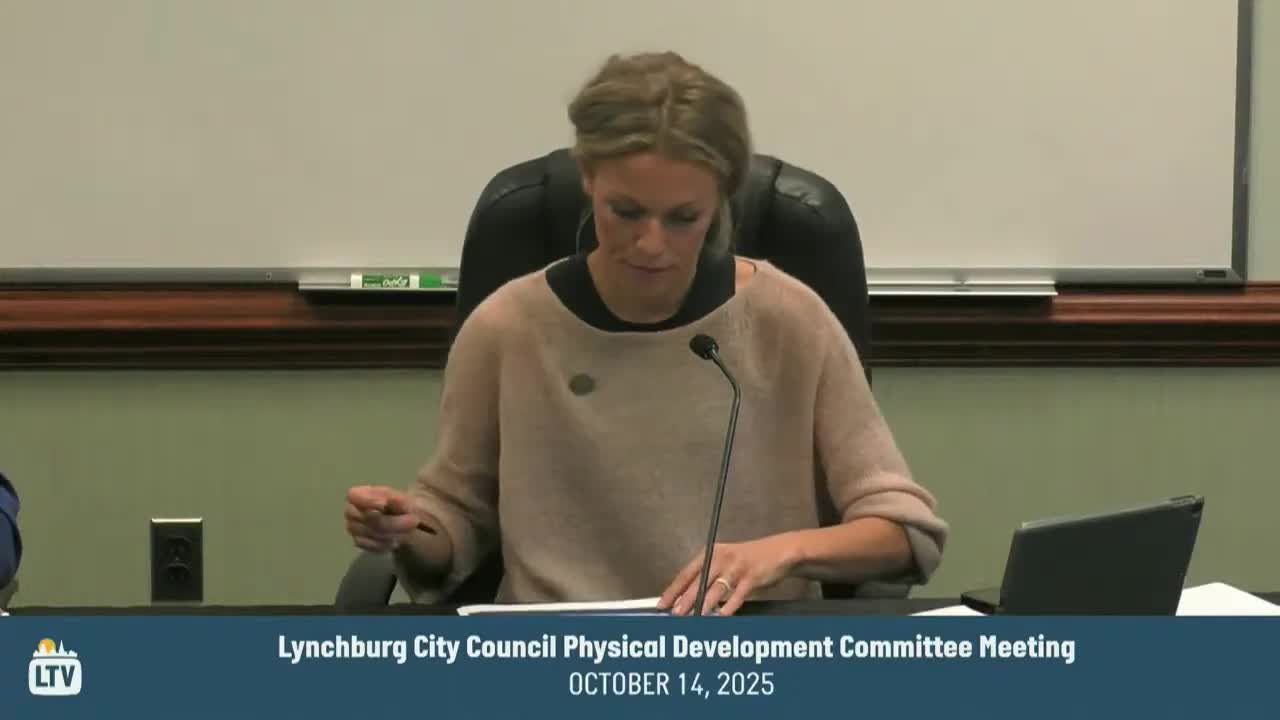Lynchburg updates major water infrastructure projects; lead-service inventory moves into field phase
Get AI-powered insights, summaries, and transcripts
Subscribe
Summary
Officials reported progress on multiple capital projects including the Blackwater CSO tunnel and College Lake dam removal, and outlined a citywide lead-service-line inventory with access agreements and replacement schedules under EPA rules.
Lynchburg—s Water Resources Department briefed the City Council Oct. 14 on progress across several major infrastructure projects and on the next phase of the federally mandated lead-service-line inventory.
Project updates: staff reported continued progress on the Blackwater combined sewer overflow (CSO) tunnel but said crews encountered contaminated oily material near Rivermont Bridge while drilling for blasting holes; laboratory testing is underway and excavated material may require disposal at a hazardous-waste landfill. Staff said a change order is likely but that the cost should be covered by project contingency.
College Lake Dam removal is near substantial completion, with a final inspection scheduled the day after the briefing. The downtown Main Street reconstruction reached a milestone with reopening of the 1200-block businesses on schedule; crews continue work toward Pearl Street with overall completion anticipated in mid-2026. The Fillmore Street waterline project received construction bids below budget; staff recommended awarding to a contractor and beginning work in December with a planned 18-month schedule.
Richland Hills sewer work is roughly 60% complete and the College Hill utility improvements were reported as 95% complete, while the project team continues design for a phase 2 on Richland Hills.
Lead-service-line inventory: staff said the city is moving into the field-identification phase of the EPA—s Lead and Copper Rule improvements. Using historical records, the city identified roughly 2,900 publicly owned service lines and nearly 17,000 privately owned service lines that still require material verification.
Because any service lines not identified by Oct. 2027 must be placed on a replacement schedule, staff said the city will pursue access agreements with property owners for on-site verification. Potential methods include potholing to expose the line, small-diameter excavations, or property-owner-approved in-home inspections where crews check the material at the service entry — the latter described as the quickest and least disruptive. Staff said any excavation would be restored to prior condition.
Staff said they expect a public outreach and publicity push to secure access agreements and reduce the number of unknown lines before the regulatory deadline; replacement of any lines placed on the schedule will follow the EPA—s timelines (10 years to complete replacements once scheduled).
Council members praised on-time and under-budget work on several projects and asked for continued outreach to businesses that may be affected by construction. Staff said they will coordinate with Downtown Lynchburg on impacts to downtown businesses and will share more detailed scheduling and access information with council and affected property owners.
Ending: Staff said they will return with more detailed schedules, information on hazardous-material test results for the CSO tunnel area when available and an outreach plan for the lead-service-line inventory.
